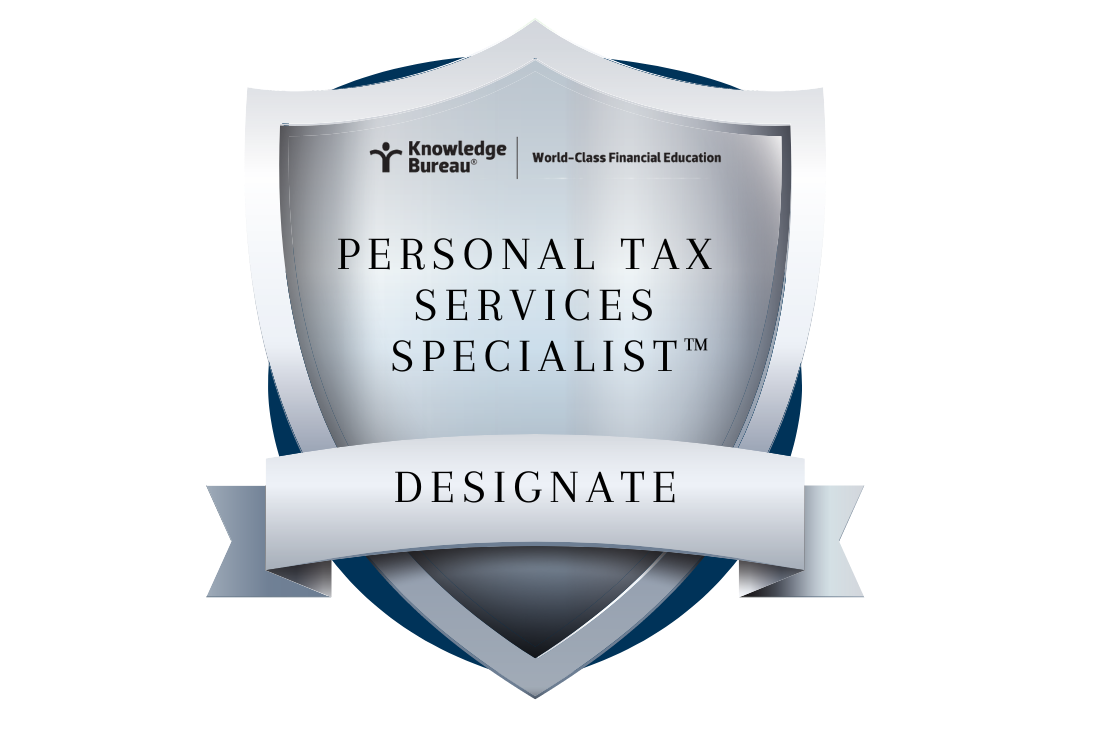The Best Client Conversation Starter: Tax Filing & Benefits Milestones for December and January
Here’s a proactive conversation starter with your clients this month: a tax filing and benefits milestones chart! It’s a great way to ensure your clients can cash in on generous benefits from the government and a chance to remind your clients how important filing tax returns really can be.
The win for professionals? This is an opportunity to be of service to correct filing errors and omissions before year end:
CHECKLIST - TAX FILING & BENEFITS MILESTONES FOR DECEMBER AND JANUARY
December:
- December 1 – Apply for Canada Dental Benefit payments begin for children under 12
- The one time GST/HST Tax Credit payment should have been received. Note: According to the CRA, the payments were made the week of November 5 except for those who received a one-time payment for the year (total for the year less than $200). Those recipients will receive their payment in January.
- Dec. 13: CCB payment; The Canada Housing Benefit is administered by the provinces, but the top-up must be applied for after December 12
- Dec. 15: final tax instalment remittances
- Discuss – with a tax advisor and HR department about reducing tax withholdings at source in 2023:
- File TD1 Tax Credits Return
- T1213 Request to Reduce Tax Withholdings at Source.
- Dec 21: CPP and OAS Payment date
- Dec. 29: Final tax loss selling, transfer of shares to charity
- Dec. 31: Farmers/fishers deadline for annual instalment remittance, last day to contribute to own RRSP if age 71

- Opt out of CPP for 2023 – File Form CPT30
- Apply for OAS – the earliest you can apply is 11 months before you want the OAS to start. Use form SC ISP-3550 E. Note: Generally, you don’t need to apply unless you’re new to Canada. Most taxpayers will receive a letter the month after their 64th birthday indicating that OAS will start the month after they turn 65 unless they opt out.
Note: Canada Worker’s Benefit: Form RC201 is no longer needed, except possibly for taxpayers who claim the CWB for 2021 and file between November 1 and December 31. Prepayment is automatic if the T1 return is filed by November 1, and application for prepayment is not allowed after December 31, 2022.
Effective January 2023:
- Jan 1: TFSA Contribution Increases to $6500; Lifetime limit $88,000
- Jan 1: Two Year Ban on foreign investment in housing begins.
- Jan 1: Multigenerational Home Renovation Tax Credit can be claimed for the year in which a renovation ends.
- Jan 1: New 100% income inclusion on Residential Property Flipping begins
- Jan 5: CWB Advance, GST/HST Credit
- Jan 13: Climate Action Incentive Payment
- Jan 20: CCB payment
- Jan 27: CPP and OAS payment date
- Jan 30: Make interest payment on inter-spousal loans for the immediately prior tax year. Claim for Canada Emergency Sickness and Caregiving Benefits can be made for Period 71
- Jan 31: T10 PAR slip due, which restores RRSP room in case of exit from DPSP or RPP
- Discuss - FHSA Contributions Start on April 1 – Maximum $8000; Lifetime limit $40,000
- Discuss - CEBA Loan Must be Paid by December 31, 2023
- Discuss - Underused Housing Tax applies to property owned December 31, 2022 – File new UHT Return to pay 1% tax by tax filing due date.
Bottom Line: It’s time to do your year end tax filing updates – get those shoeboxes full of receipts in order and make life easier on yourself and your tax specialist come tax time!
Looking for a career change? Want to provide an essential and much appreciated service in 2023? Become a DMA-Tax Services Specialist with online courses from Knowledge Bureau. Start with the basics and learn quickly to master the filing of all kinds of tax returns. It’s interesting work and you’ll love the interaction with families who really appreciate you!
To earn your designation, you’ll take six courses. Here’s the first course:
Professional Income Tax Course - Entry Level
This course introduces a proven process for consistently accurate T1 tax preparation services with a professional client interview and document management system, as well as a thorough understanding of tax preparation for the five anchor profiles upon which every personal tax return is based— credit filing, employees, families and children, investors, and seniors.
Some Knowledge Journal Topics you Will Cover in the First Course:
- Intro to Income Taxation in Canada, plus using Software to Prepare the Return
- Filing the Return Low Income and Credit Filers
- Reporting Employment Income
- Claiming Employment Deductions
- Reporting Investment Income
- Pensioners
The Other Five Courses for the DMA™ - Personal Tax Services Specialist Designation:
©Knowledge Bureau, Inc. All rights Reserved